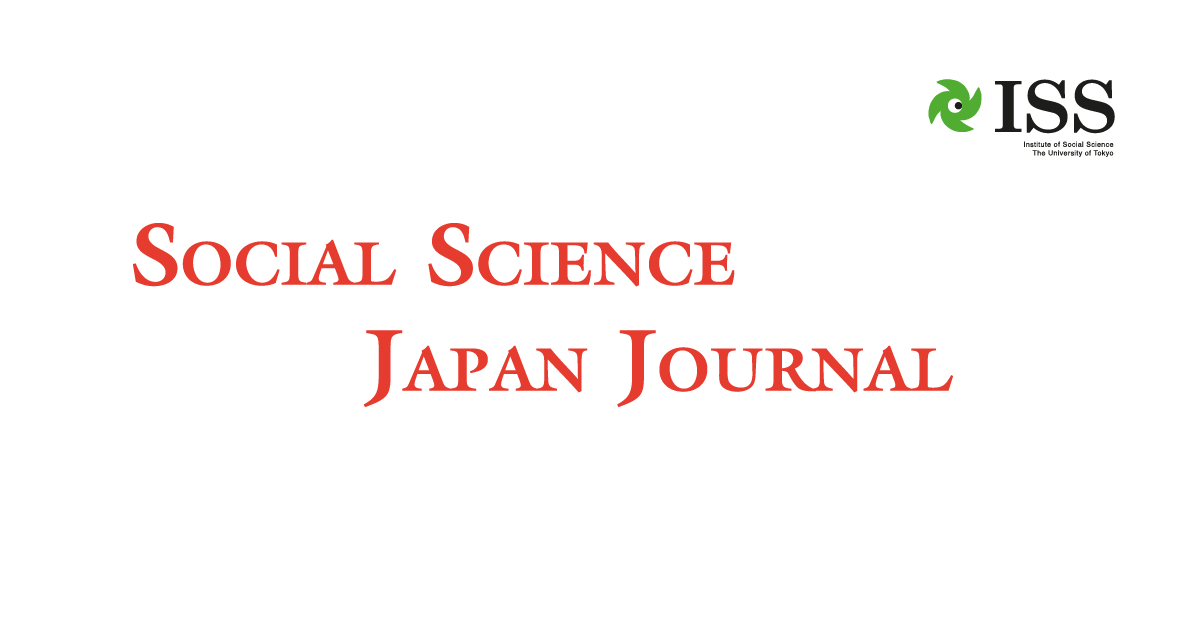Extract
John Lie’s most recent publication delves into the economic, political, and social changes that have taken place in Japan in the four decades since the bursting of the country’s economic bubble, and the values and practices of earlier eras that have resurfaced in this age of limits. These values include the so-called artisanal ethos and the ordinary pleasures of everyday life, exemplified in the book by practices such as sushi-making or hot spring bathing that date back at least to the Edo period, but also by the leisure-oriented lives of the contemporary otaku. The author’s main argument is that these values and practices may help us envision a more humane and sustainable future in the face of the crumbling promises of economic growth that have led to rising inequality and environmental devastation worldwide.
The focus on Japan is not only a logical consequence of the author’s scholarly career, but also particularly pertinent as the country is at the forefront of some of the major challenges facing other advanced industrial societies, such as population aging and economic stagnation. Moreover, Japan’s struggle to define its identity between “East” and “West,” reflected in the various political projects described in the early chapters of the book, also means that premodern values and practices thrive and coexist with more Westernized ways of living, thinking, and being. Enriched by an acute and broad historical perspective (and imagination) painfully lacking in much of the sociological research on contemporary Japan, the author avoids essentialist descriptions of Japanese culture and grand narratives by making a strong case for the historicity of each practice, including recent reconstructions, reinterpretations, and expansions from elite to popular practices (or vice versa, as in the case of sushi-eating) in the modern era.


